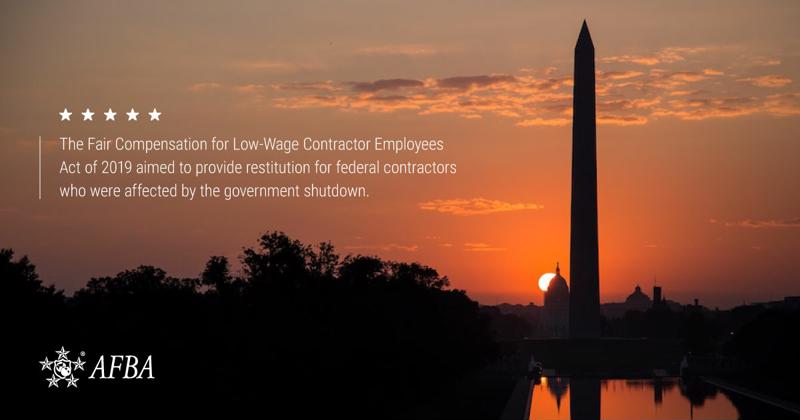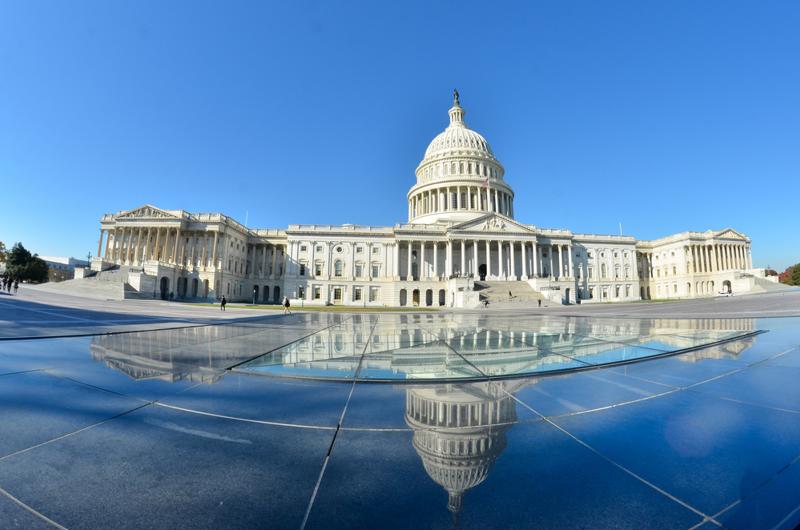The 35-day partial government shutdown that ushered in 2019 had a massive impact on the country and population. Hundreds of thousands of federal workers were furloughed during that time and went unpaid, but have since been compensated.
Federal contractors, on the other hand, have not seen back pay from that stretch in which they lost shifts and income. Security guards and maintenance staff for government sites who work on a contract basis, among others, have not been included in previous back pay agreements.
That changed when the House approved a bill that would provide restitution for federal contractors who were affected by the shutdown. However, while the measure passed the House, it still faces an uncertain future in the Senate and a skeptical White House.

Back pay part of larger agreement
In late June 2019, the House cleared a minibus spending package that appropriated funds for departments like Justice, Commerce, and Veterans Affairs, as well as other agencies and projects. Included in that proposal was a provision that would institute a mechanism for contractor back pay.
The Fair Compensation for Low-Wage Contractor Employees Act of 2019 was introduced by Rep. Ayanna Pressley (D-MA), but did not progress as legislation. Instead, it was incorporated into the minibus spending package, and would instruct departments affected by the 35-day shutdown to adjust the price of contracts or restore pay for contractors who were laid off or furloughed.
"I'm thrilled the House has passed legislation that would finally provide federal contract workers the back pay," said Pressley, according to The Hill. "Our government relies on these hardworking men and women to keep our government buildings running, and we have a moral obligation to make them whole for the pay they lost during the government shut down."
Uncertainty and outright opposition from Senate and White House
While the House's approval was a major step forward for federal contractor back pay, it will take much more to make the compensation a reality. The minibus spending agreement passed largely along party lines by a vote of 227-194, with conservatives largely against the provision. The reasons for opposing it included worries that it increases federal spending, rewards already profitable contracting companies, and would be difficult to implement and ensure payout went to contractors.
With Republicans controlling the Senate, the minibus bill containing the back pay provision faces daunting prospects for approval. And if it somehow does make it through the upper chamber, it still faces the threat of veto from the White House.
"While contractors play an important role in helping government agencies meet their missions, this legislation ignores important principles of federal contracting, and would lead to increased cost and a significant increase in the risk of fraud, waste, and improper payment," The Office of Management and Budget wrote in a policy document. "The administration anticipates significant, disruptive, and costly challenges in trying to force-fit the requirements of contractor back-pay legislation into an acquisition system that is not designed or equipped to manage contractor employees, making it difficult, if not impossible, to meet the dual goals of paying quickly and paying accurately."


